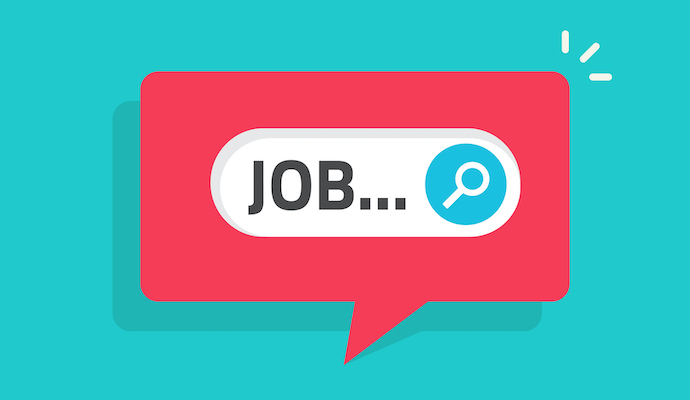Health Plan Costs Keeping Unemployed from Coverage in COVID-19
Many individuals recently unemployed are struggling to find a new health plan due to health plan costs and limited availability.

- Update 4/21/2020: This article has been updated to reflect that an AHIP letter noted that some health plans have been choosing to extend premium payments. A previous version implied that this was a stance AHIP had explicitly urged.
Most of the individuals who recently lost their jobs are without health insurance and are finding cost of insurance to be a major barrier in their search for a new health plan, a study conducted by Sidecar Health revealed.
For more coronavirus updates, visit our resource page, updated twice daily by Xtelligent Healthcare Media.
The study surveyed 1,500 US residents who had recently lost their jobs and their employer-sponsored health plan between March 9 and March 27, 2020. The poll itself was taken March 27 through March 29.
The schedule of this survey was timely. The month of March saw a drastic increase in joblessness. Around 3.5 million Americans lost their jobs in the span of two weeks.
The exercise of obtaining a new health plan was not easy for many respondents.
Over half of the individuals who were unemployed (54.7 percent) expressed that they had experienced difficulty in the process of looking for a new health plan. These problems ranged from finding few plan options to encountering red tape barriers.
Cost was a major inhibitor. Almost three out of four (74.1 percent) respondents found affordability to be a major barrier to finding new health insurance coverage. Most (47.1 percent) indicated that they were looking for something that cost a maximum of $50 per month per member, while just shy of 28 percent were looking for a plan that cost $100 per month per member or less.
Among the participants, there was slightly more concern about the cost of healthcare coverage while unemployed than there was about the lack of healthcare coverage. Nearly 86 percent of the respondents were very concerned or somewhat concerned about health insurance costs, whereas 84 percent expressed concern about not having health insurance.
Aside from cost, nearly 50 percent (49.2 percent) said that they lacked alternatives to their previous healthcare coverage. Another 28.8 percent could not find a plan that would accept their provider.
The lack of healthcare coverage resulting from the loss of a job was a cause for concern for 84 percent of the respondents. Over half replied that they were very concerned and an additional 33 percent said they were “somewhat concerned” about their lack of healthcare coverage in light of the coronavirus.
When it came to replacing their old healthcare coverage, the respondent sentiment varied. Over a fifth of the surveyed population (22.4 percent) said that they had already replaced their healthcare coverage by the time they answered the survey. Another 35.9 percent indicated that they were actively looking.
However, 30.3 percent had not initiated a search and over a tenth (11.3 percent) had decided against getting healthcare coverage while unemployed.
Those intent on getting a new healthcare plan while unemployed ranged widely on their choice of plan category.
Almost a quarter of the respondents (23.5 percent) indicated that their plan for unemployment healthcare coverage was to go on an Affordable Care Act exchange plan. Another 26.6 percent said that they would go on a spouse or family member’s plan while unemployed. A small portion said they would go on COBRA (8.7 percent) or a short-term health plan (11.1 percent) and eight percent indicated they would be choosing another option.
The survey offered a glimpse into the demographics of those that coronavirus left unemployed. A strong portion of the recently unemployed individuals (19 percent) identified that their last job was in the food and beverage industry. The next highest category was “Other” and after that came the retail industry.
The uninsured are among the most vulnerable populations during this crisis. A recent letter from Matt Eyles, president and chief executive officer of America’s Health Insurance Plans (AHIP), recognized this fact. The letter pointed out that some payers have been supporting businesses and states by extending premium payment grace periods in order to decrease layoffs.
Others have been urging special enrollment periods for newly unemployed and uninsured individuals to join federal, state, or private insurance plans mid-year.
